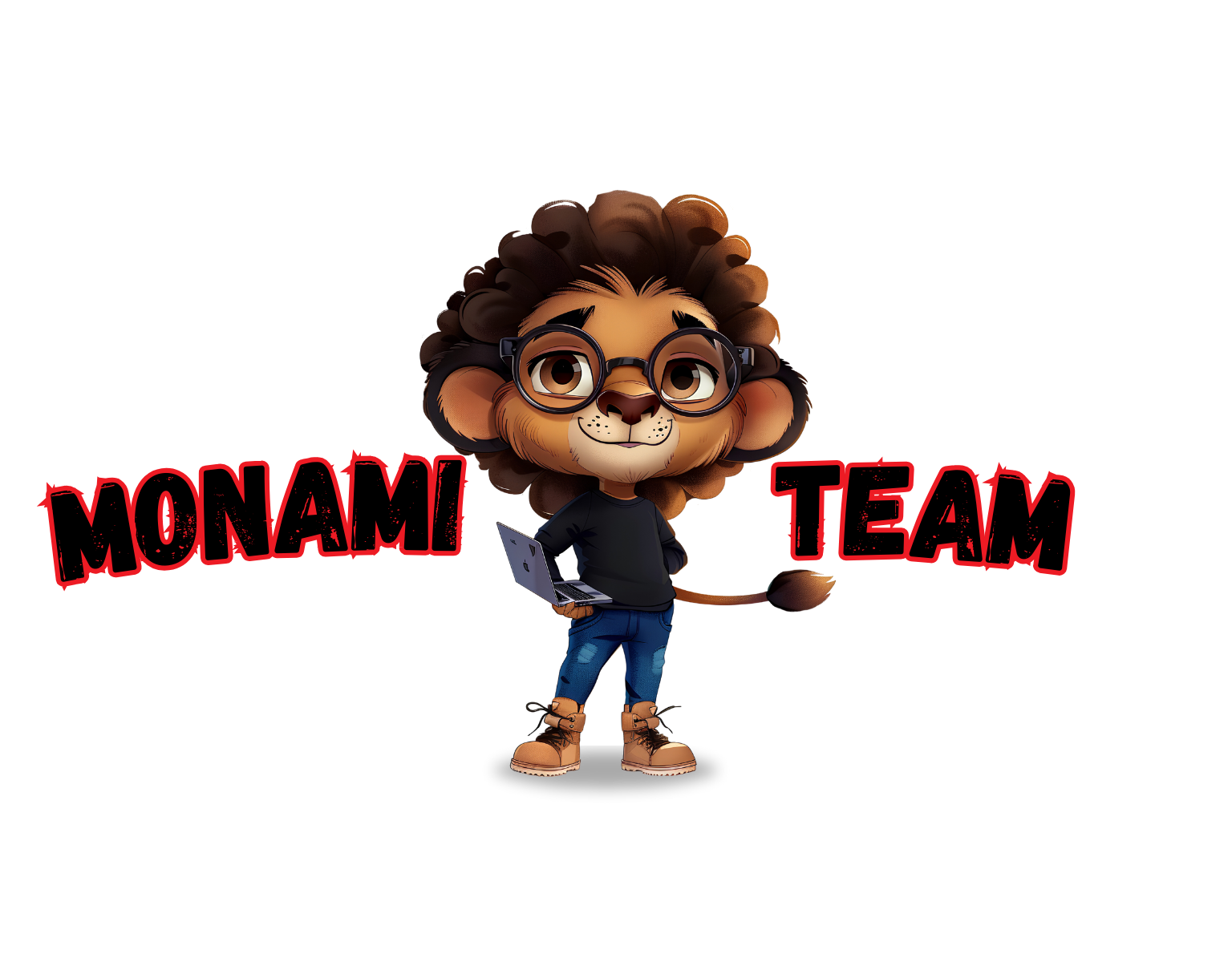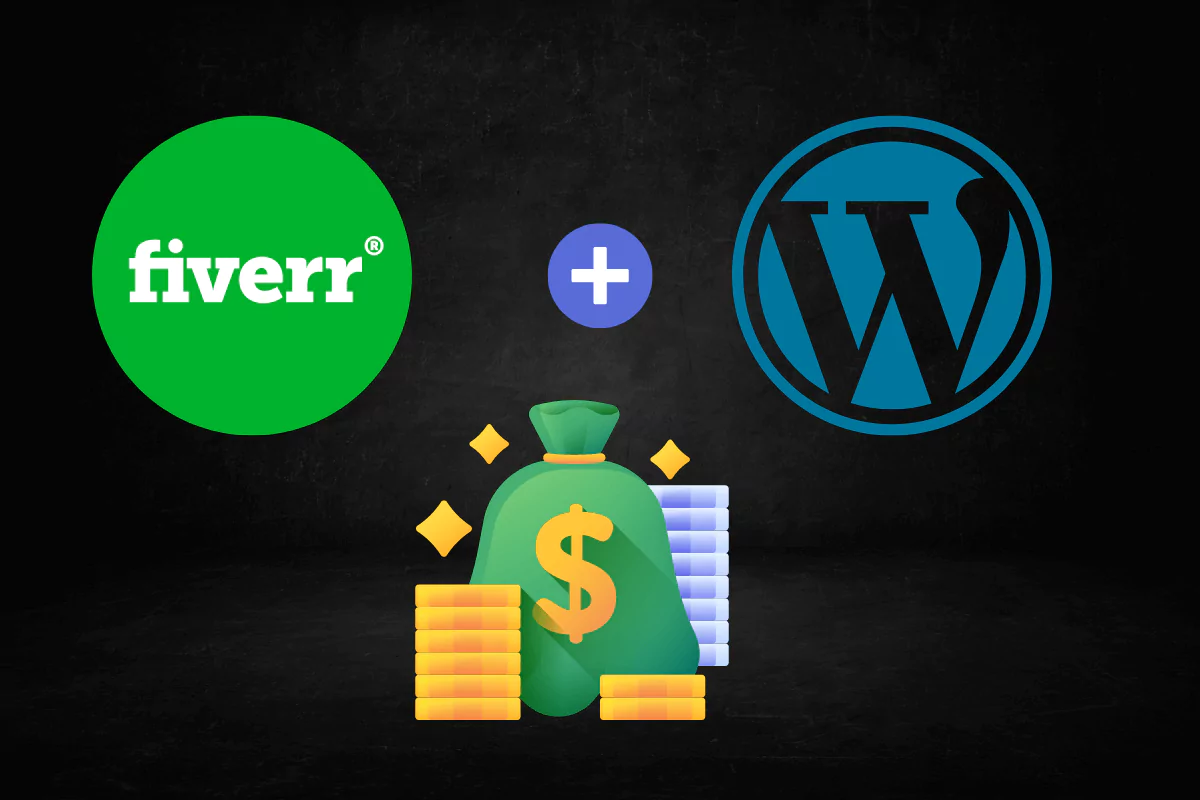Introduction to Freelancing as a WordPress Developer
Table of Contents
Freelancing as a WordPress developer offers a unique blend of benefits and challenges, making it an attractive yet demanding career path. One of the most significant advantages is the flexibility it provides. Freelancers can set their own schedules, work from virtually anywhere, and choose the projects that align with their skills and interests. This autonomy allows for a better work-life balance and the opportunity to pursue diverse projects that might not be available in a traditional job setting.
However, freelancing also comes with its own set of challenges. Income instability is a major concern, as work is not always guaranteed, and payments can be delayed. Managing clients can also be demanding, requiring strong communication skills and the ability to handle different personalities and expectations. Despite these challenges, the role of a WordPress freelancer is increasingly in demand. As businesses continue to recognize the value of a strong online presence, the need for skilled developers to create and maintain WordPress sites grows.
Moreover, WordPress powers a significant portion of the internet, making it a robust and widely-used platform. This widespread adoption translates into a steady stream of opportunities for freelancers. Companies, from small startups to large enterprises, seek WordPress developers for various tasks, including website development, customization, maintenance, and optimization. This demand ensures that skilled freelancers can find work across different sectors and industries.
In summary, while freelancing as a WordPress developer comes with its set of challenges, the benefits and growing demand make it a viable and rewarding career choice. The flexibility, autonomy, and variety of projects offer a dynamic and fulfilling work life, appealing to many professionals in the field.
Building a Strong Portfolio
A well-crafted portfolio is a crucial tool for any WordPress developer seeking freelance work. It serves as a comprehensive showcase of your skills, experience, and ability to deliver quality work to potential clients. The first step in building a strong portfolio is to include a diverse range of completed projects. Highlighting a variety of projects not only demonstrates your versatility but also your capability to handle different types of WordPress-related tasks, from theme development to plugin customization.
Client testimonials are another essential component of a robust portfolio. Positive feedback from satisfied clients can significantly boost your credibility and provide prospective clients with the assurance that you are reliable and competent. Aim to collect testimonials that emphasize your problem-solving skills, communication, and ability to meet deadlines. Case studies can also add substantial value to your portfolio. By detailing the challenges faced, the solutions implemented, and the results achieved, case studies offer a deeper insight into your problem-solving abilities and your approach to WordPress development.
When it comes to creating and hosting your portfolio, several platforms can be particularly effective. Websites like Behance, Dribbble, and even your own WordPress site are excellent choices. These platforms allow you to present your work in an organized and visually appealing manner. Additionally, a dedicated portfolio section on professional networks like LinkedIn can also enhance your visibility.
Keeping your portfolio updated and relevant is of utmost importance. Regularly add new projects, update existing ones with recent developments, and refresh your testimonials to reflect your most current work and client experiences. An up-to-date portfolio not only showcases your ongoing commitment to your craft but also signals to potential clients that you are actively engaged in the field. This proactive approach can help attract more opportunities and establish you as a reputable WordPress freelancer.
Networking and Building Relationships
Networking is a cornerstone in the freelancing world, especially for WordPress developers. Establishing and nurturing connections can open doors to numerous job opportunities, helping you build a sustainable career. Both online and offline networking strategies play pivotal roles in this endeavor.
Attending industry events such as WordPress meetups, conferences, and workshops provides a fantastic platform to connect with fellow developers, potential clients, and industry leaders. These events not only offer insights into the latest trends and technologies but also present opportunities to showcase your expertise. Engaging in conversations and participating in discussions can help you leave a lasting impression, fostering relationships that may lead to future collaborations.
Online networking is equally critical. Joining WordPress communities, forums, and groups on platforms like LinkedIn, Facebook, and Reddit can significantly expand your reach. Active participation in these communities by sharing knowledge, answering queries, and contributing to discussions can establish you as a valuable resource. This, in turn, can attract attention from potential clients looking for skilled WordPress developers.
Leveraging social media platforms is another effective strategy. Regularly updating your profiles with your latest projects, skills, and certifications can keep your network informed about your professional growth. Engaging with your connections by commenting on their posts, sharing valuable content, and maintaining an active presence can help you stay top-of-mind when freelance opportunities arise.
Building and maintaining professional relationships is an ongoing process. Following up with contacts after initial meetings, expressing genuine interest in their work, and offering help when possible can strengthen these connections. Consistent communication, combined with a collaborative mindset, can lead to long-term professional relationships that not only provide job opportunities but also contribute to your growth as a WordPress developer.
Utilizing Freelance Job Platforms
Finding freelance work as a WordPress developer can be streamlined by leveraging various freelance job platforms. Popular sites such as Upwork, Freelancer, and Fiverr provide a vast marketplace where WordPress developers can showcase their skills and connect with potential clients. Additionally, specialized WordPress job boards like WPhired and Codeable are excellent resources tailored specifically for WordPress-related projects.
Creating a compelling profile on these platforms is crucial. Your profile should effectively highlight your expertise in WordPress development, including your proficiency with themes, plugins, and custom coding. Use a professional photo, write a concise but detailed bio, and list relevant experience and certifications. Including a portfolio of your previous work can significantly enhance your profile, giving potential clients a visual representation of your capabilities.
When it comes to bidding on projects, a strategic approach is essential. Carefully read the project descriptions and tailor your proposal to address the client’s specific needs. Highlight how your skills and experience align with the project requirements. It’s also beneficial to offer insights or suggestions that demonstrate your expertise and proactive thinking. Competitive pricing can help you secure initial projects, but as you build a reputation, you can adjust your rates accordingly.
Standing out from the competition involves more than just a well-crafted profile and competitive bids. Building a good rapport with clients through clear and timely communication is vital. Meeting deadlines, delivering high-quality work, and being responsive to client feedback can lead to positive reviews and repeat business. Additionally, actively seeking out and requesting testimonials can bolster your credibility on these platforms.
In conclusion, by effectively utilizing freelance job platforms, creating compelling profiles, strategically bidding on projects, and delivering exceptional service, WordPress developers can successfully find and secure freelance work. These steps not only increase your visibility but also help establish a reputable freelance career in the competitive landscape of WordPress development.
Creating a Personal Brand
In the competitive landscape of freelance work, establishing a robust personal brand is essential for WordPress developers. A well-crafted personal brand not only distinguishes you from other freelancers but also builds credibility and trust among potential clients. Here are actionable steps to create and promote your personal brand effectively.
First, build a professional website that showcases your expertise as a WordPress developer. Your website should highlight your portfolio, detailing the projects you have completed, along with client testimonials. Ensure your site is visually appealing, easy to navigate, and optimized for search engines. Regularly updating your content will also help maintain a dynamic and engaging online presence.
Blogging is another powerful tool to enhance your personal brand. Write about your experiences, share tips and tutorials, and discuss the latest trends in WordPress development. By providing valuable content, you position yourself as an authority in your niche, attracting a steady stream of readers and potential clients. Remember to integrate keywords naturally and avoid overstuffing to maintain readability and SEO effectiveness.
Engaging with your followers on social media platforms is crucial for building a personal brand. Share your blog posts, participate in relevant discussions, and connect with other professionals in the industry. Platforms like LinkedIn, Twitter, and Facebook can be particularly effective for networking and showcasing your expertise. Use these channels to highlight your achievements, share industry news, and offer insights that reflect your knowledge and skills.
Case studies of successful WordPress developers who have built strong personal brands can offer valuable insights. For instance, developers like Chris Lema and Pippin Williamson have used blogging and social media to establish themselves as industry leaders. By regularly sharing their expertise and engaging with the community, they have built substantial followings and garnered numerous freelancing opportunities.
In summary, creating a personal brand involves building a professional website, consistently blogging, and actively engaging on social media. By following these steps, you can effectively differentiate yourself in the crowded freelance market and attract more clients to your WordPress development services.
Pricing Your Services
Setting competitive and fair prices for your services as a WordPress developer is crucial for attracting clients and maintaining a profitable freelancing career. There are various pricing models to consider, each with its own set of advantages and disadvantages. The most common models include hourly rates, project-based pricing, and retainers.
Hourly rates are straightforward and flexible, allowing you to charge for the exact time spent on a project. However, this model can be less predictable in terms of total income, especially if project scope changes. Project-based pricing offers a fixed fee for completing an entire project, providing clarity for both you and your client. This model works well for clearly defined projects with fixed deliverables. Retainer agreements involve clients paying a regular fee for ongoing services, ensuring a steady stream of income while fostering long-term relationships.
Several factors should be considered when setting your rates. Experience is a significant determinant; seasoned developers can command higher fees due to their expertise and proven track record. Market demand also plays a critical role; understanding the going rates in your niche or region helps you remain competitive. Additionally, project complexity, including technical requirements and time constraints, should influence your pricing. More complex projects justify higher rates due to the additional skills and effort required.
Negotiating with clients is an essential skill for freelancers. Be transparent about your pricing structure and the rationale behind it. Clearly communicate the value you bring to the project, such as your experience with WordPress, your ability to meet deadlines, and your commitment to quality. Offering different pricing options can also facilitate negotiations, allowing clients to choose a model that fits their budget while ensuring you are adequately compensated.
Real-life examples and pricing calculators can be invaluable tools. For instance, reviewing case studies of similar projects can provide insights into appropriate pricing. Online pricing calculators can help you estimate costs based on various parameters, offering a starting point for discussions with clients.

Effective Client Communication
Effective communication with clients is pivotal for the success of any WordPress freelancer. From the initial inquiry to project completion, clear and concise communication ensures that both parties have a mutual understanding of the project scope, deadlines, and deliverables. Begin by drafting detailed proposals that outline your understanding of the project, the services you will provide, the estimated timeline, and the cost. This not only sets clear expectations but also demonstrates your professionalism and thoroughness.
Once the project is underway, regular updates are crucial. Establish a communication schedule with your client, whether it’s weekly check-ins or bi-weekly progress reports. This keeps the client informed and allows for any adjustments to be made in a timely manner. When it comes to feedback and revisions, always approach it with an open mind and a solution-oriented attitude. Acknowledge the client’s input and provide your professional opinion on the best course of action. This collaborative approach not only builds trust but also leads to a more refined final product.
Maintaining professionalism in all interactions cannot be overstated. Respond to emails and messages promptly, use polite and professional language, and always keep the client’s goals and vision at the forefront of your communications. Tools such as Slack, Trello, or Asana can facilitate smooth communication and project management. These platforms allow for real-time messaging, task assignments, and progress tracking, ensuring that both you and the client are always on the same page.
In essence, effective client communication for a WordPress freelancer involves setting clear expectations from the outset, maintaining regular updates, managing feedback professionally, and utilizing communication tools to streamline the process. These best practices not only enhance client satisfaction but also contribute to the successful delivery of projects.
Continuous Learning and Skill Development
In the dynamic field of WordPress development, continuous learning and skill development are crucial for maintaining a competitive edge in the freelancing market. The landscape of web development is ever-evolving, and staying abreast of the latest trends and technologies can significantly enhance your marketability and proficiency as a WordPress freelancer.
One effective way to keep your skills sharp is through online courses. Numerous platforms, such as Udemy, Coursera, and LinkedIn Learning, offer comprehensive courses covering various aspects of WordPress development. These courses range from beginner to advanced levels, allowing you to tailor your learning path according to your experience and career goals. Additionally, many of these platforms provide certifications upon completion, which can be a valuable addition to your professional portfolio.
Webinars and industry blogs are also excellent resources for continuous learning. Participating in webinars hosted by industry experts can provide insights into the latest WordPress updates, plugin developments, and best practices. Similarly, following reputable industry blogs keeps you informed about new trends, tools, and techniques. Blogs such as WPBeginner, WPMU DEV, and Torque Magazine offer a wealth of knowledge and can be instrumental in your ongoing education.
Attending workshops and conferences is another beneficial strategy. These events not only provide hands-on learning experiences but also offer opportunities for networking with other professionals in the WordPress community. Events like WordCamp and regional WordPress meetups can be particularly valuable for gaining new skills and building professional relationships.
Obtaining certifications can further validate your expertise and commitment to professional growth. Certifications from recognized organizations, such as the WordPress Certification Program, can enhance your credibility and attract more clients. Additionally, specialized certifications in areas like SEO, security, and e-commerce can broaden your skill set and open up new avenues for freelance work.
In essence, the pursuit of continuous learning and skill development is indispensable for any WordPress freelancer aiming to stay relevant and competitive. By leveraging a variety of educational resources, you can ensure your skills remain up-to-date and aligned with industry standards, ultimately leading to greater success in your freelance career.
Checkout our other blogs for more helpful information.




